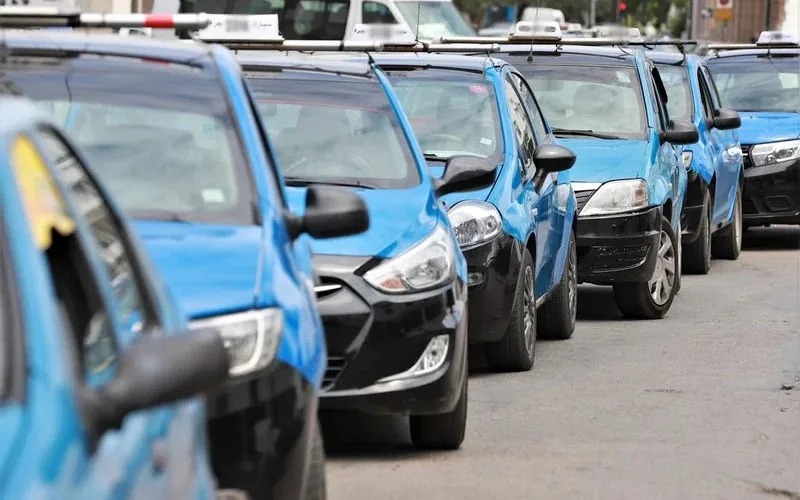Morocco’s Taxi Reform Sparks Controversy: License Holders Cheer, Drivers Struggle with Soaring Rents

In Morocco, the standard-form contracts recently concluded between taxi license holders (kremat) and professional operators have sparked a lively controversy, particularly regarding the rental amount, agreed upon between the two parties.
This amount, ranging from 4,000 to 7,000 dirhams per month, has provoked a wave of reactions from the sector’s players. While the license holders (kremat) welcome this reform, which improves their income, the operators believe that "accepting such contracts puts pressure on professionals." "Reaching a stage where operating contracts are concluded with a rent ranging from 4,000 to 7,000 dirhams is a very good thing, as it can support the social situation of this category of society," said Mohamed Beniâcoub, president of the Al-Ismaïlia Taxi - Meknès Association, which brings together the license holders.
In a statement to Hespress, he specified that "the adoption of such a rental amount encourages the license holders to regularize their tax and social situation, as they are required to pay income tax and fulfill their obligations to the National Social Security Fund, as part of the social protection project." Beniâcoub also indicated that "the use of transparent and clear contracts between professionals and license holders reduces the use of practices that previously prevailed, and were done "under the table", such as the payment of cash amounts called halawa, intended to reduce the monthly rent."
The official added that "we must reach a stage where the standard-form contracts concluded are clear and respected by the contracting parties, particularly with regard to their renewal after the years set by law," stressing that "the justice system now settles a number of cases related to disputes that arise in this field."
For his part, Mohamed Machkhechkh, the national secretary of the National Taxi Union affiliated with the Moroccan Labor Union, said that "the drivers will not be able to bear such a rent that exceeds 4,000 dirhams and approaches the ceiling of 7,000 dirhams." According to him, a professional who accepts such a rent "accepts to submit to strong social pressure, since it will force him to work continuously, taking into account the monthly and annual expenses he will have to bear, whether for the maintenance of the taxi used or the payment of the required rent."
And he continued: "In principle, the rental amount varies according to the cities and the level of activity, as it reaches, at its lower limit, 2,000 dirhams, and sometimes reaches 4,000 dirhams, particularly for small taxis, a figure that we consider exaggerated. The pressure exerted on professional drivers by a high rent is a direct threat to the quality of the public service they are legally required to provide to citizen customers. The licenses are transformed, after passing through the administrative channels, into a rent, whereas they were originally a royal donation."
Related Articles
-

Airport Bust: Young Moroccans Caught Smuggling 30kg of Cannabis to France
12 August 2025
-

Global Butter Crisis: Soaring Prices Threaten Bakeries and Consumers Worldwide
12 August 2025
-

Tragic Mystery: Young American Found Dead in Morocco, Authorities Launch Investigation
12 August 2025
-

Morocco’s World Cup 2030 Expansion: Elite Properties Face Expropriation in Rabat
11 August 2025
-

Drug Baron Shootout: Moroccan Police Raid Ends in Dramatic Arrest of Cocaine Kingpin
11 August 2025